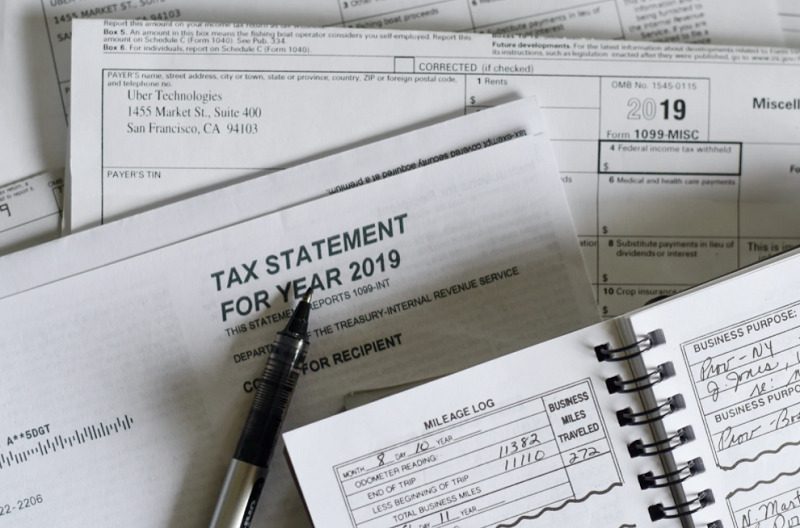Excluding that nice tax refund, tax season can be stressful—if you’re running a business or dealing with a new type of income, that stress can be magnified. You want to get things right and avoid dealing with the hassle of an audit if your submission gets flagged for some reason or other. You want to avoid fines. You want to avoid jail time if the offense is serious enough. The following will explore some of the more common tax mistakes you might make to help keep your tax filing days as straightforward as possible.
Typos And Obvious Errors
It can seem like a silly point to make, but you won’t be laughing when you’ve got a wrongly entered social security number on your tax return. That is going to massively slow things down, not just for you or getting your return money but also for the people dealing with a flood of tax information that needs to be checked over and handled. Don’t rely on your memory; confirm all numbers, addresses, dates, and other data using hard copies. Double-check that all this information is correct before signing.
Likewise, you want to avoid calculation errors. If you must do the math by hand, confirm your answers with a calculator. Use a tax professional or some form of tax software to confirm things are correctly added up. Again, little mistakes are going to slow the process down to a snail’s pace and irritate everyone they come in contact with. If you’re extra unlucky and the errors make it seem like you were trying to hide money, you might be in legal trouble. Perhaps just as bad, a simple error might go unnoticed and result in you getting a much smaller reduction or return. Something like a decimal moved over a digit can turn a $7000 deduction into a $700 deduction. That’s a lot of money to lose out on because you couldn’t be bothered to double-check your work.
Not Including Everything
It might come as no surprise that the fastest way to get dinged during tax season is by failing to include all of your income. From the IRS’s perspective, this can look like you’re trying to hide income which can get you in a lot of trouble. The best way to avoid this is to have somewhere you keep anything you might need to include in your taxes (either photographed or scanned and stored digitally or a drawer or box where you keep all the necessary papers). You might not remember that one-day contract you did eight months ago where you spilled coffee on your shirt, but there’s a good chance your employer remembered and submitted their taxes, meaning you’re going to be found to be dishonest when your taxes and theirs are compared.
Deal With Mistakes As Soon As You Notice Them
Many people make the error of not responding to the realization that something has gone wrong quickly enough. Tax Shark suggests that the second you realize there’s been an issue like you’ve forgotten to file something (or everything), or you’re being audited or questioned or struggling to deal with the IRS, it’s time to reach out for help. An expert can help get you through these more unusual hurdles that are tough to deal with on your own.

Not Reviewing Your Payroll Withheld Deductions
Yes, that tax refund can feel fantastic when it’s sitting in your bank, but if you’re someone who is paid on a salary or by the hour, it’s really important that you understand why that money is being given back to you. Throughout the year, taxes are deducted from your paychecks and sent to the IRS. Any refund at all means you overpaid your taxes. Overestimation means that the money was sitting in the hands of the IRS all year and not in a savings or investment situation that could keep the money working for you.
Likewise, if the estimation fell short of the taxes you needed to pay, you can end up owing. This is no fun at all (and can come with penalties if you don’t have the money on hand and need to pay later than requested).
The above information should have pointed out some of the more common errors that can come along with filing your income tax. Of course, every working situation is a little different, and this means that standard tax practices might not fit neatly around your working scenario. If you have any doubt about any part of the process, speak to a professional. It’s better to do your research ahead of time and deal with a small increase in the amount of stress and time taxes require than to have the IRS find fault with your filing.



































